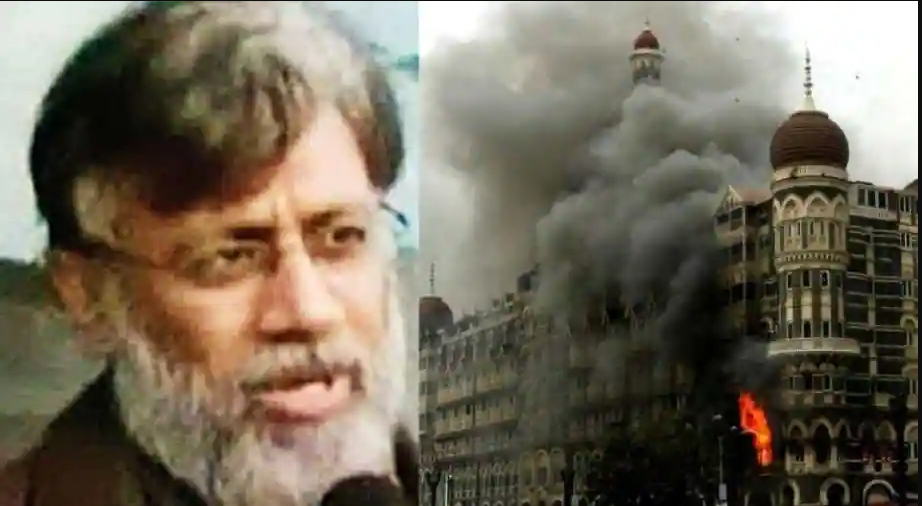Washington: The Biden administration has urged a federal court in Los Angeles to certify India’s request to extradite fugitive Pakistani-origin Canadian businessman Tahawwur Rana. The businessman is sought for his involvement in the 2008 Mumbai terror attack. India has said Tahawwur Rana meets all the criteria required for the handover. US District Court Judge in Los Angeles Jacqueline Chooljian has scheduled for April 22 the extradition hearing of Rana.
Assistant US Attorney John J Lulejian, in his submission before a federal US court, said Rana, 59, meets all the criteria to be extradited to India for his trial in the Mumbai terrorist attack. Rana’s attorney had opposed his extradition February 4 in the same court.
“The United States respectfully requests that following the April 22, 2021, extradition hearing, the Court certify India’s request for Rana’s extradition for the Secretary of State’s surrender decision,” Lulejian said in his 61-page court submission Monday.
Rana is a childhood friend of David Coleman Headley. He was re-arrested June 10 in Los Angeles on an extradition request by India. India has claimed Rana was involved in the Mumbai terror attack in which 166 people, including six Americans, were killed. He has been declared a fugitive by India.
“Fugitive Tahawwur Hussain Rana is wanted in India to stand trial for offences related to his role in the 2008 terrorist attacks in Mumbai. The attacks resulted in the death of 166 people, the injury of 239 people, and the damage to property in excess of USD 1.5 billion,” Lulejian said.
As per the India-US Extradition Treaty, the Indian government has requested the formal extradition of Rana. The United States has also initiated the extradition proceeding.
Lulejian said the criteria warranting certification of extradition are satisfied in this case. These criteria are: the court has both personal and subject matter jurisdiction, there is an extradition treaty between the United States and India that is in full force and effect, and the crimes for which Rana’s extradition is sought are covered by the terms of the treaty.
In his court submission February 4, Rana’s attorney had argued that Rana’s extradition is barred under Article 6 of the United States-India extradition treaty because he had previously been acquitted of the offences for which his extradition is sought, and under Article 9 of the treaty because the government has not established probable cause to believe that Rana committed the alleged offences.
